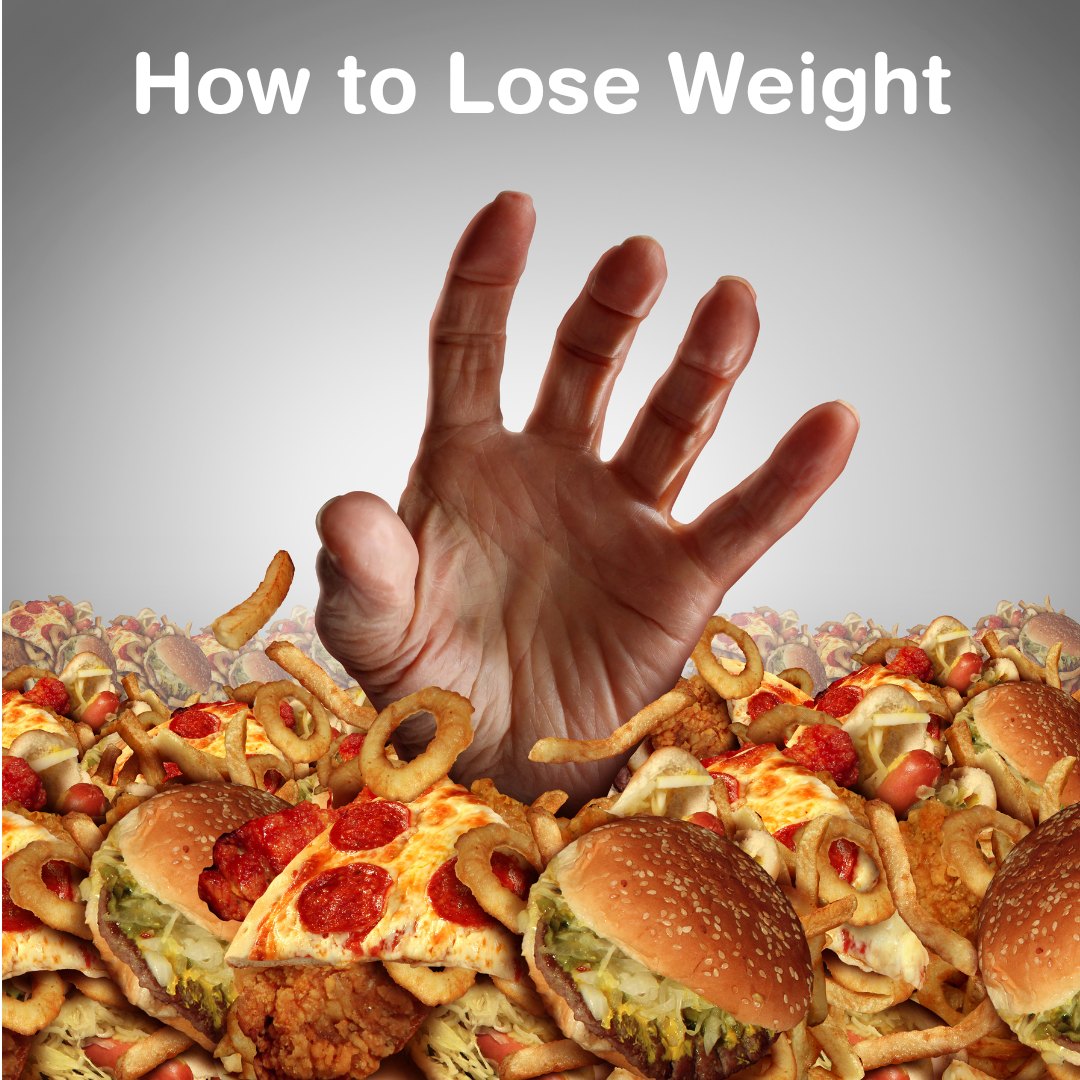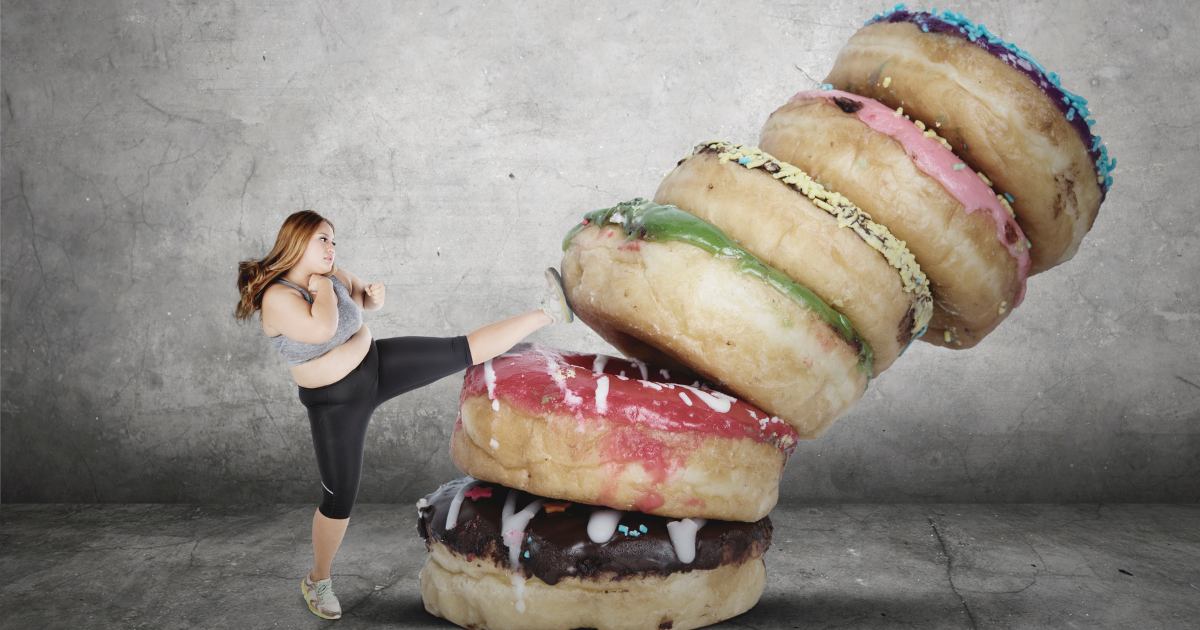Overweight and How to Lose It
Changing one’s lifestyle is a crucial part in combating obesity. Those who are overweight may benefit from changing their eating habits, being more physically active, and cutting back on processed foods. Fruits, vegetables, lean proteins, and whole grains are the cornerstones of a healthy diet. Reducing portion sizes and eating less foods high in fat, sugar, and salt can help. The burning of calories and the acceleration of the metabolic rate are two additional benefits of regular physical activity. Walking, running, and cycling are all great examples of outdoor activities, whereas attending a gym or weight training programme is an example of an indoor activity.
Keeping a meal journal is recommended for people who are overweight and desire to reduce weight. The simple act of recording each meal can help people become more aware of their eating habits and monitor their improvement over time. They should also avoid missing meals, as doing so has been associated with increased appetite later in the day, which can lead to excessive eating at night. Finally, working with a nutritionist or personal trainer can be helpful when attempting to manage obesity through dietary or physical activity changes. These professionals can offer assistance and hold clients accountable while they work towards their goals.
1. Eat a Well- Balanced Diet
Maintaining a healthy weight requires eating in a well-rounded manner. Fruits, vegetables, lean proteins, and whole grains are all examples of nutrient-dense foods that will help keep you full and energised. No more than 25% of your daily calories should come from added sugars or saturated fats, and your diet should consist of 45-65% carbohydrates, 10-35-50% protein, and 20-35% fat.
To further aid digestion and weight reduction, it is recommended that both men and women consume 25 grammes of fibre each day, while men should consume 38 grammes. Finally, remember to stay well hydrated all day long by drinking lots of water. This will help your body run more efficiently and may even help you eat less.
2. Make Exercise Part of Your Routine
Physical activity should be a regular part of any strategy to shed extra pounds. It helps with everything from building muscle and burning fat to boosting your mood and giving you more energy. The act of working out on a regular basis can be a powerful source of inspiration on the path to a better way of life.
Exercise at least 30 minutes daily, preferably with an aerobic component, such as running, bicycling, swimming, or elliptical machine use. Maintaining muscle mass while dieting is another one of strength training’s many benefits. Whether you’re doing push-ups and squats at home or lifting weights at the gym, this category includes it all. Find things you enjoy doing so that they become part of your regular schedule.
3. Get Enough Rest
Sleeping enough hours every night is a crucial component of any weight loss plan. When you don’t get enough shut-eye, you may make unhealthy food choices and experience an increase in stress levels, both of which can slow down your metabolism. Children require much more sleep than the recommended 7-9 hours each night for adults.
In order to fall asleep at the same time each night, it is helpful to establish a schedule that you stick to. Screens, such TVs and phones, should be kept out of the bedroom, since their use has been associated with shorter and less restful sleep. Daytime exercise can also aid in fostering more restful slumber. While eating late has been related with disrupted sleeping patterns, having dinner early may also aid with going asleep earlier.
4. Slow down while you eat
Taking your time when eating can help you shed unwanted pounds. It has been shown that eating slower and enjoying each bite results in less food consumed and a longer feeling of fullness.
Consuming food at a slower pace gives your brain more time to process fullness, reducing the likelihood of overeating. It’s easy to wolf down food while watching TV or doing other things, but if you really want to savour each piece, you should focus on what you’re eating and take rests in between bites. Furthermore, it has been shown that having a glass of water before each meal might assist increase feelings of fullness, hence reducing the amount of food taken at each meal.
5. Cut Down on Sugar
Weight loss that lasts requires a significant reduction in sugar consumption. The most dangerous kind of sugar is added sugar, which is commonly found in processed foods and beverages. Overconsumption of foods with added sugar can increase your calorie intake, cause you to gain weight, and put you at risk for developing diabetes and cardiovascular disease. Avoiding sugary snacks like candies, cakes, and cookies is the first step in lowering your overall sugar intake. Eat some fruit or some nuts as a snack instead.
Eliminating sugary beverages from your diet, such as soda, can have a significant effect on your ability to control your calorie and added sugar consumption. Finally, switching from refined grains to whole grains can help cut down on sugar intake, as whole grain products often have fewer grammes of sugar per serving.
6. Stay away from the junk food
Avoiding junk food is recommended as it often contains unhealthy fats and unnecessary calories. Fast food restaurants and processed snacks are typically heavy in fat, sugar, and sodium, thus it is recommended to avoid them. Instead of reaching for junk food, try a piece of fruit or some healthy almonds when you’re hungry.
Consuming a diet rich in fresh fruits and vegetables is an excellent way to keep full without consuming an excessive amount of calories. In addition to supplying necessary nutrients, eating more fiber-rich foods like oatmeal, beans, whole grains, and legumes will help curb hunger pangs. Finally, if you do choose to consume some unhealthy snacks every now and again, do it in moderation. Consuming an excessive amount of junk food might lead to weight gain, which can thwart your dieting attempts.
7. Keep Hydrated
When trying to slim down, drinking water is one of your best bets. By keeping you hydrated, water aids in weight loss by increasing your metabolism. Toxins and other waste products in the body can lead to weight gain, so it’s important to drink enough of water to flush them out.
For best outcomes, aim for 8-10 glasses of water every day. Even more so, because the body must expend energy warming up the water before it can be absorbed, drinking cold or iced water can increase metabolic rate. Foods high in water content, such as vegetables and fruits, can also help you stay hydrated. Foods like these can help keep you hydrated and supply vital nutrients throughout the day.
8. Avoid eating any processed foods
High levels of sodium, sugar, and artificial preservatives are common in processed foods. The combination of an increase in calorie intake and a decrease in metabolic rate can make it harder to lose weight while consuming these components. If you cook your own meals from scratch, you know exactly what goes into them, and you know they’re good for your body. Furthermore, artificial sweeteners commonly found in processed foods cause a rapid increase in blood sugar levels and a desire to munch on additional unhealthy foods.
Eating a diet rich in whole, unprocessed foods like fruits, vegetables, lean meats, and seafood will help you lose weight without sacrificing nutrition. When you eat complete, unprocessed meals, you have more control over how much food you consume. This makes it easier to lose weight gradually without feeling hungry or deprived. Most processed foods lack the vital vitamins and minerals found in whole, unprocessed meals, which can aid in weight loss.
9. Eat More Protein
While trying to shed pounds, protein should be one of your first macronutrient choices. Protein is associated with an increase in satiety, or the feeling of fullness after eating. As a result, you might have less of a need to snack in between meals. When you’re trying to lose weight but still keep your metabolism revved up, eating a steady supply of protein is essential.
Protein-rich diets have been shown in certain research to boost metabolic rate, which in turn can speed up weight reduction. Lean meats like chicken and fish, Greek yoghurt, eggs, beans and lentils, low-fat dairy products, tofu, and tempeh are all great ways to boost your protein consumption without adding unnecessary calories or fat.
10. Monitor Your Development
One of the most critical pieces of advice to guarantee weight loss success is to keep track of one’s progress. You can better recognise and reward your successes, as well as make any adjustments, if you keep track of your progress. Keeping a journal of one’s body measurements or using a pedometer to record one’s daily activity levels are just two examples of ways to monitor one’s development.
Targets and progress reports should be kept for each strategy. The practise of keeping a food diary is another helpful tool for keeping tabs on one’s dietary consumption and making adjustments as needed. If you’d like, you can utilise a calorie counting app for this. Finally, weighing yourself once a week is a great approach to track your weight loss progress.
Expert Recommendations for Losing Weight
Focusing on food quality, rather than quantity, is what weight loss specialist Dr. Pankaj Kumar advises. Consuming a nutritious, well-rounded meal that contains lots of fruits and vegetables, lean proteins, and whole grains will keep you going strong all day long and reduce your need for harmful munchies. He also suggested cutting back on processed foods and sugary beverages to reduce calorie consumption while increasing nutritional uptake.
Weight loss is more likely to be successful if you also incorporate regular exercise into your routine. Maintaining a daily exercise routine of at least 30 minutes is recommended. This can take the form of anything from brisk walking or light running around the neighbourhood to at-home bodyweight exercises like push-ups, squats, and lunges. Strength training twice or thrice weekly is also recommended because it helps develop muscle mass, which in turn increases your metabolic rate and enables you to burn more calories at rest.
Lastly, remember to drink plenty of water; being dehydrated can make you feel tired, which in turn can make you want to munch on something unhealthy. Aim for 8 glasses of water a day, and drinking some of it before each meal can help you feel fuller for longer.
Conclusion
Overall, it’s clear that the road to weight loss is a long and arduous one for the obese. But, with the help of certain fundamental guidelines, like as consuming a balanced diet and engaging in regular physical activity, people can make progress towards their goal of achieving a healthier weight. To aid in weight loss, eating smaller meals more frequently throughout the day is recommended. In addition, staying away from junk food and sugary beverages might help you control your appetite and intake of unhealthy fats and sweeteners. Finally, a person is more likely to maintain an exercise schedule if they work activities they enjoy into their daily life. Anyone struggling with obesity can achieve their weight loss goals quickly and easily by following these guidelines and working hard at it.







GIPHY App Key not set. Please check settings